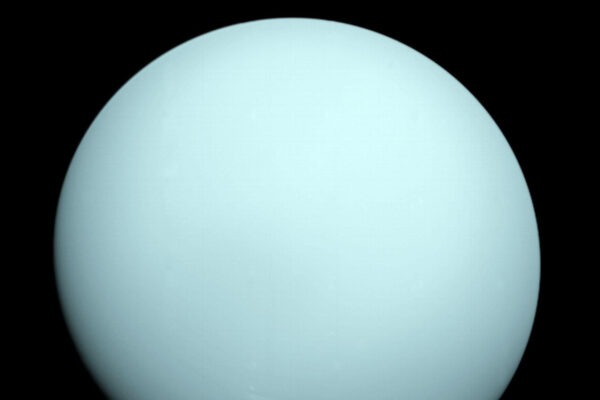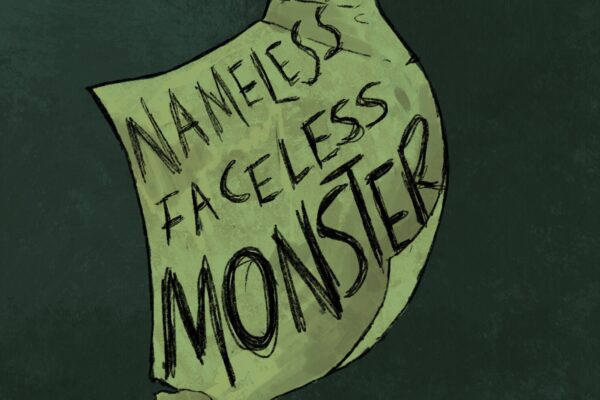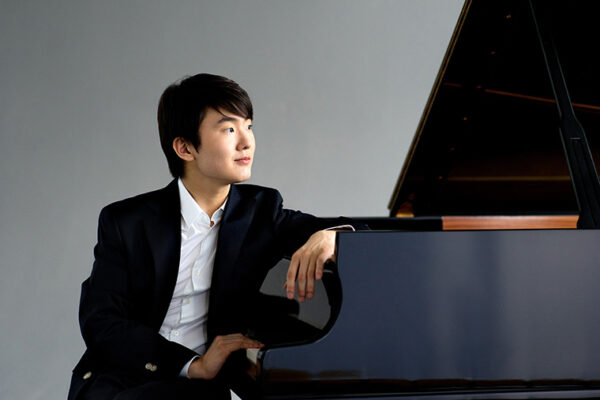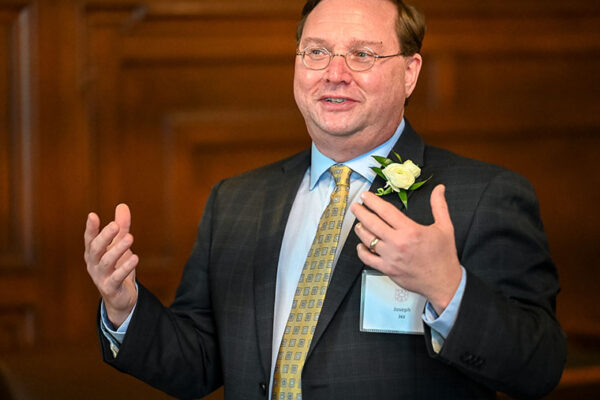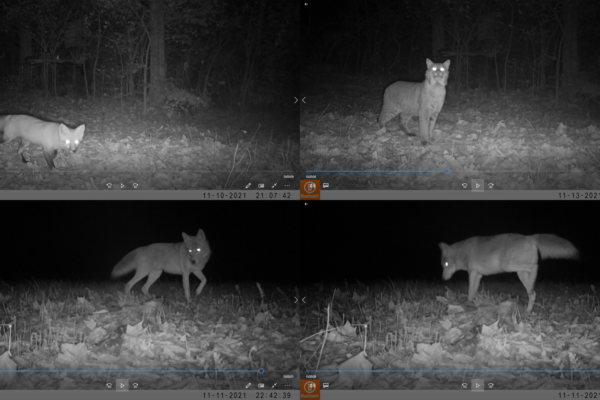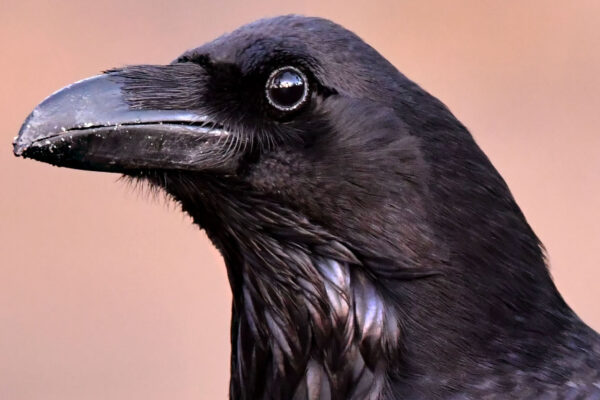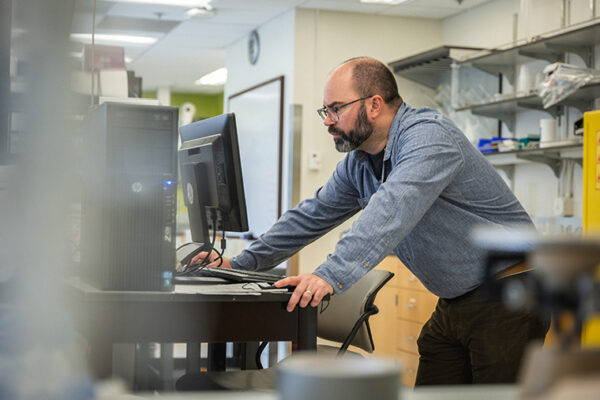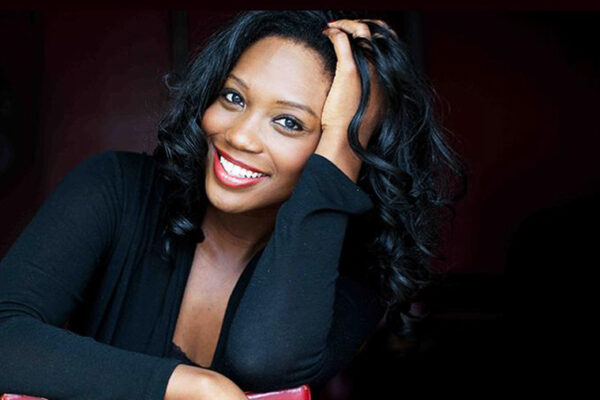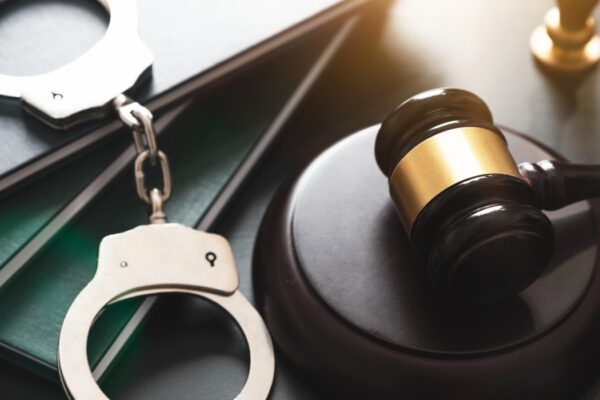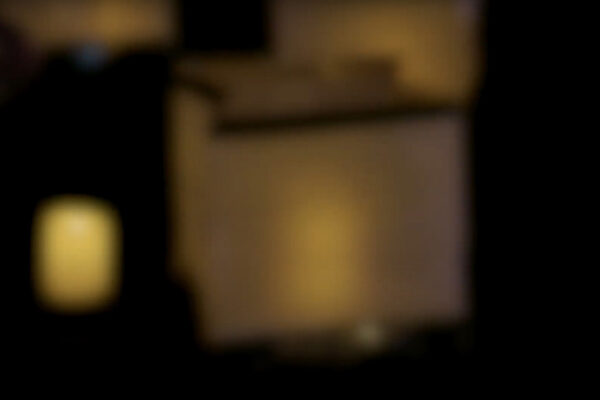WashU researchers help identify national priorities for planetary science
William B. McKinnon and Paul Byrne, both in Arts & Sciences at Washington University, played important roles in developing a report from the National Academies of Sciences, Engineering, and Medicine. It identifies scientific priorities and funding recommendations to maximize the advancement of planetary science in the next decade.
Students’ work recognized in ‘College Podcast Challenge’
A podcast created by two Arts & Sciences students was among 10 finalists in the “College Podcast Challenge” from National Public Radio.
Pianist Seong-Jin Cho May 1
Acclaimed South Korean pianist Seong-Jin Cho will perform works by Ravel and Chopin May 1 as part of the Department of Music’s annual Great Artists Series.
Jez installed as Spencer T. Olin Professor of Biology
Joseph Jez was installed as the Spencer T. Olin Professor of Biology in Arts & Sciences during a ceremony April 4 in Holmes Lounge. He gave an installation lecture, “Exploring Nature’s Machinery.”
Canid conservation program launched
Washington University in St. Louis and the Living Earth Collaborative are part of a new Missouri-based conservation initiative led by the Saint Louis Zoo. Working with the Endangered Wolf Center, scientists are looking to answer ecological and health-related questions about canids — red foxes, gray foxes and coyotes — as well as bobcats, which live in close association with canids.
Brains and brawn helped crows and ravens take over the world
Crows and ravens have great flying ability, which allows them to gain access to new places more easily. While their flying skills were key to their success, new research from biologists in Arts & Sciences also shows that big bodies and big brains played an important role in helping crows and ravens survive in the new climates they occupied.
From rare soil microbe, a new antibiotic candidate
Demand for new kinds of antibiotics is surging, as drug-resistant and emerging infections are becoming an increasingly serious global health threat. Biologist Joshua Blodgett in Arts & Sciences discovered a new candidate for drug development from bioactive compounds in a soil bacterium. The findings are reported in the Proceedings of the National Academy of Sciences.
Great Artists Series welcomes Angel Blue April 24
Acclaimed soprano Angel Blue, fresh from starring roles in the Metropolitan Opera’s “Fire Shut Up in My Bones” and “Porgy and Bess,” will present an intimate recital April 24 as part of the Great Artists Series at Washington University in St. Louis.
Perception matters: How fear about crime impacts presidential approval
Using Gallup survey data from 2000-2019 spanning across four presidential administrations, political scientists in Arts & Sciences find anxiety about crime, race and the president’s political party influence whether Americans hold presidents accountable for crime.
‘Requiem of Light’ in Forest Park April 23
More than 5,000 St. Louisans have died during the COVID-19 pandemic. On Saturday, April 23, a community-wide memorial service, organized by WashU’s Rebecca Messbarger, will take place in Forest Park. The event will include original music, guest speakers and the ceremonial lighting of 1,500 lanterns around the waters of the Grand Basin.
View More Stories
